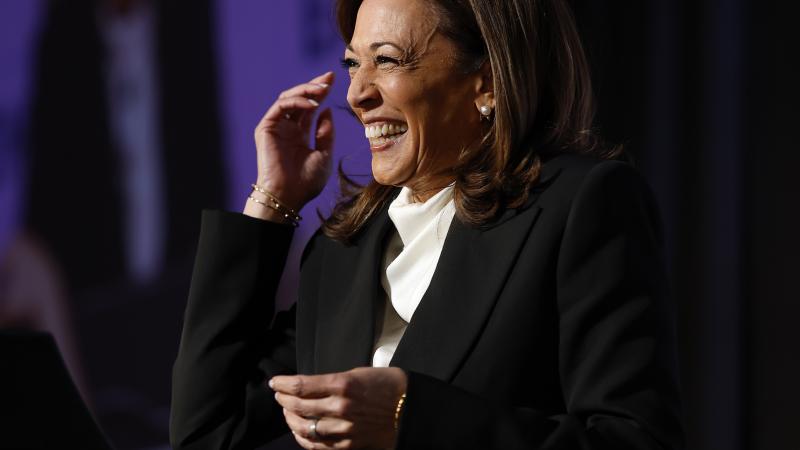Federal law is chief obstacle to cleaning state voter rolls, says Georgia elections chief
Under the 1993 National Voter Registration Act, ineligible voters may not be removed from state rolls less than 90 days before a federal election.
Federal law can prevent Georgia from cleaning its voter rolls "for 11 months" of the year during a presidential election cycle, according to the state's top elections official.
Georgia Secretary of State Brad Raffensperger is encouraging Congress to change a provision in the 1993 National Voter Registration Act (NVRA) that prevents states from cleaning their voter rolls less than 90 days before a federal election.
Enacted under a Democratic Congress and president, the NVRA "requires States," according to the Department of Justice, "to complete any program the purpose of which is to systematically remove the names of ineligible voters from the official list of eligible voters not later than 90 days prior to the date of a primary election or general election for federal office."
While his state makes sure to "have the cleanest voter rolls" it can, Raffensperger said, the "biggest problem is federal law" with its 90-day pre-election moratorium.
"Come 2024, 90 days before the primary, we can't update" the voter rolls, he said. With a May or June primary followed soon after by the start of absentee or early voting for the November general election, the state could find itself without a legal window in which to clean its voter rolls for the general. In the event of runoff elections following closely on the heels of general elections, which the closely divided swing state has had in the past two election cycles, Georgia will again "run out" of time, Raffensperger explained.
Citing a reported 11% of Americans who move every year, the elections chief emphasized the need to update state voter rolls accordingly. A 2021 Zillow survey found that 11% of Americans had moved the previous year, and in 2021, the the U.S. Census Bureau found that 8.4% of people in the U.S. "lived in a different residence one year ago, down from 9.3% in 2020."
Georgia's population has been over 10 million since 2014, putting the number of people who move every year at around a million. The voter rolls need to be regularly updated to reflect who has moved, but that can only happen if there "is reform at the federal level," Raffensperger stressed.
He is encouraging his state's congressional representatives to focus on changing the law, he said.
While the NVRA does not allow ineligible voters to be culled from the rolls less than 90 days prior to a federal election, it allows states to add voters as late as 30 days prior to a federal election, Raffensperger said.
"It should be the same time period for both adding and removing" voters, he said.
In 2020 and 2022, "about 300,000 people" have to be removed from the voter rolls, but it takes a while to do so because of the federal law, Raffensperger explained.
In 2021, Raffensperger announced that more than 100,000 Georgians were set to be removed from the state's voter registration rolls unless they acted in a timely manner.
"These people don't live in Georgia anymore," he told local Atlanta station WSBTV at the time. "Then you have 18,000 people who passed. So they are not going to be voting anymore. You need to have accurate voter rolls and proper list maintenance. It also helps your county election directors."
Public Interest Legal Foundation President J. Christian Adams told Just the News on Friday that in addition to the 90-day quiet time prior to federal elections, if someone moves out of state, then states "have to wait two election cycles" before removing those voters.
Before the clock even starts on the two election cycles, moreover, a state has "to send a notice card" to the voter that they will be removed from the voter rolls, Adams explained. If a state doesn't promptly send the card, then it could be even longer than the next two election cycles before the voter is removed from the rolls.
The time from when a voter moves to the time a state can remove a voter from the rolls can thus stretch "up to six years," he added.
But the chance that Congress will amend the NVRA to make it easier for states to clean their voter rolls "is close to zero," Adams estimated.
Phill Kline, Director of The Amistad Project, told Just the News on Monday regarding delays in cleaning voter rolls, "It's concerning with the expansion of Election Day being several weeks, it's very difficult to maintain an integral list." However, he noted that the "main problem is the privatization of access to maintaining those rolls," when private organizations participating in voter registration are able to update those lists but states aren't transparent about which organizations.
















